The extraction of oil from Turkish hazelnuts is a process deeply rooted in both tradition and modern technology. Turkey, as the world's largest producer of hazelnuts, has perfected methods to maximize oil yield while maintaining quality. The, or oil extraction rate, is a critical metric that determines the efficiency and profitability of hazelnut processing. Factors such as the variety of hazelnut, growing conditions, and extraction techniques all play pivotal roles in this process.
Hazelnuts from Turkey are renowned for their rich oil content, typically ranging between 60% to 70% of the kernel's weight. This high oil content makes them a prime candidate for oil extraction, whether for culinary, cosmetic, or industrial applications. The can vary depending on whether mechanical pressing or solvent extraction is employed. Mechanical pressing, often preferred for its simplicity and purity, yields around 50% to 60% of the available oil. Solvent extraction, on the other hand, can achieve rates upwards of 95%, though it requires more sophisticated equipment and raises concerns about residual chemicals.
The geographical origin of Turkish hazelnuts significantly influences their oil content and extraction efficiency. Hazelnuts grown in the Black Sea region, for instance, are prized for their plump kernels and high oil concentration. The unique microclimate of this area, with its fertile soil and ample rainfall, contributes to the nuts' superior quality. Farmers and processors alike recognize that the is not just a measure of efficiency but also a reflection of the nut's inherent value.
Modern advancements in extraction technology have further optimized the. Cold pressing, a method that avoids high temperatures, preserves the oil's nutritional profile and flavor while still achieving respectable yields. This technique is particularly favored in the production of premium hazelnut oil for gourmet markets. Meanwhile, large-scale operations often employ expeller presses or supercritical CO2 extraction to balance yield with operational costs. Each method has its trade-offs, and the choice often depends on the intended use of the extracted oil.
Quality control is another critical aspect affecting the. Proper storage and handling of hazelnuts before processing can prevent rancidity and preserve oil quality. Moisture content, for example, must be carefully monitored, as excessive moisture can hinder extraction and degrade the oil. Turkish producers adhere to stringent standards to ensure that only the best nuts reach the extraction phase, thereby maximizing both yield and quality.
The economic implications of are profound for Turkey's hazelnut industry. Higher extraction rates mean more oil can be produced from the same quantity of nuts, boosting profitability. This is especially important given the global demand for hazelnut oil, which has surged in recent years due to its health benefits and versatile applications. From salad dressings to skincare products, the oil's popularity shows no signs of waning, and Turkey's ability to meet this demand hinges on continuous improvement in extraction efficiency.
Sustainability practices are increasingly being integrated into the oil extraction process. Byproducts such as hazelnut meal, which remains after oil extraction, are repurposed as animal feed or fertilizer, reducing waste. Some innovators are even exploring ways to extract additional value from these byproducts, such as producing hazelnut flour or bioactive compounds. This holistic approach not only enhances the but also aligns with global trends toward circular economies.
Looking ahead, research into genetic modification and selective breeding could further elevate the of Turkish hazelnuts. Scientists are studying how to cultivate varieties with even higher oil content or traits that make extraction easier. Such advancements could solidify Turkey's dominance in the hazelnut oil market while addressing challenges like climate change and resource scarcity. The intersection of agriculture, technology, and sustainability promises an exciting future for this golden commodity.
In conclusion, the of Turkish hazelnuts is a multifaceted topic that encompasses agricultural practices, technological innovation, and market dynamics. Turkey's leadership in this field is no accident; it is the result of centuries of expertise and a relentless pursuit of excellence. As consumer preferences evolve and new technologies emerge, the methods and metrics of oil extraction will continue to adapt, ensuring that Turkish hazelnut oil remains a staple in kitchens and industries worldwide.

By /May 26, 2025

By /May 26, 2025

By /May 26, 2025

By /May 26, 2025
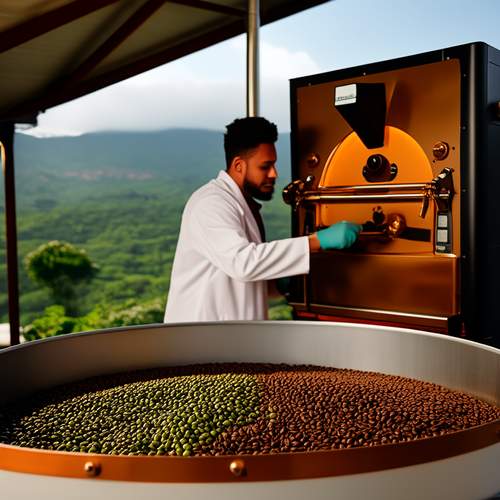
By /May 26, 2025

By /May 26, 2025

By /May 26, 2025

By /May 26, 2025

By /May 26, 2025
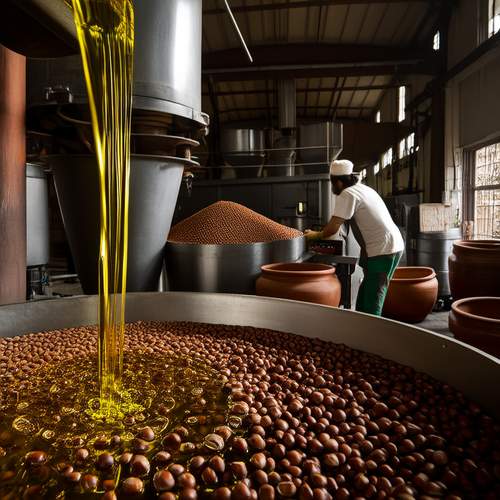
By /May 26, 2025
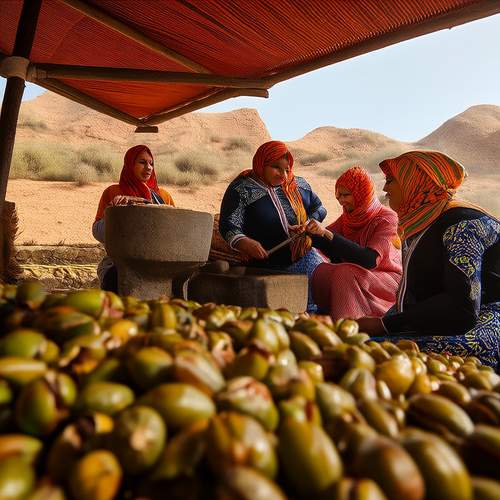
By /May 26, 2025

By /May 26, 2025

By /May 26, 2025
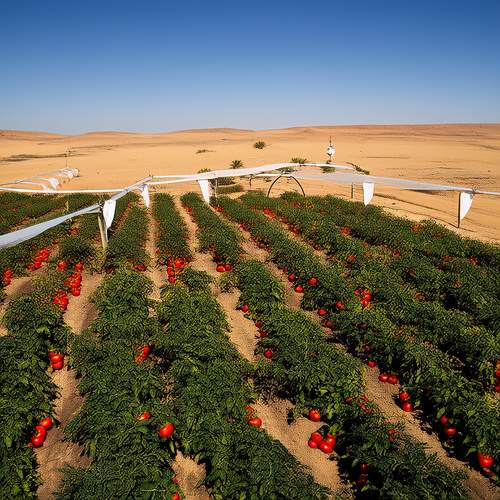
By /May 26, 2025

By /May 26, 2025
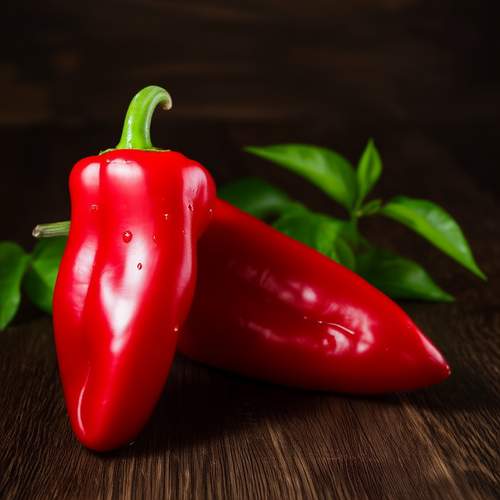
By /May 26, 2025

By /May 26, 2025
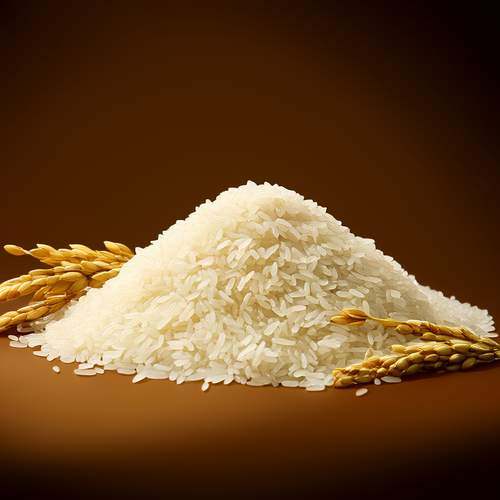
By /May 26, 2025

By /May 26, 2025
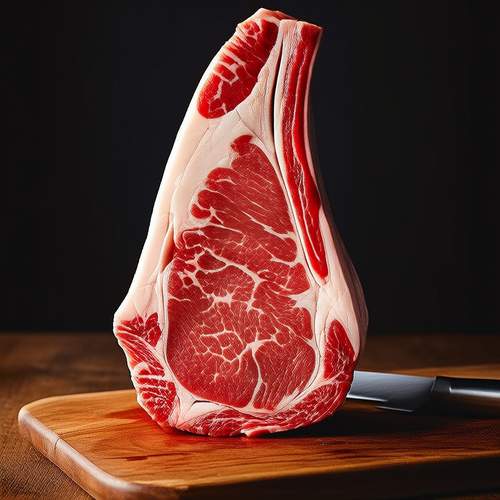
By /May 26, 2025